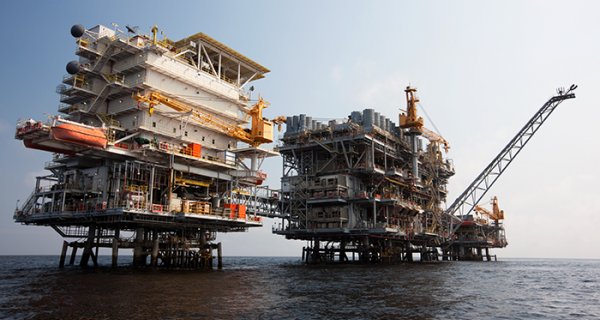"We predict that crude and natural gas production in the sub-Saharan African region will rise by 2.5 percent in 2024, with growth being supported by new wells in Nigeria, the debut of production in Senegal and new projects in Gabon", reads This consultant's report on hydrocarbon production in sub-Saharan Africa, to which Lusa had access, can be seen.
Production in Africa is therefore expected to rise from 4.048 million barrels per day this year to 4.153 million in 2024, a development contrary to that predicted for Angola, which is expected to see production fall by 1.7 percent, from 1.18 million of daily barrels this year to 1.16 million in 2024.
BMI Research's analysis, sent to clients before the announcement by the Organization of Petroleum Exporting Countries and allies (OPEC+) to limit Angolan production to 1.11 million barrels per day, and the negative response from Angola, on Thursday, fair, highlights that "the second largest producer in sub-Saharan Africa continues to suffer the effects of reduced investment in existing wells in recent years".
The reduction expected for Angola "will limit regional growth", say analysts.
In the long term, this forecast, held by the same owners of the financial rating agency Fitch Ratings, points to difficulties in Angola returning to production levels prior to the pandemic, contrary to what is predicted for the region.
"Angola is expected to see a significant decline in oil production over the period under review [until 2030] due to a lack of large projects coming online; however, Azule Energy's Agogo project will represent an upside risk to our forecasts, towards the end of the decade", point out the analysts.
At a regional level, GDP growth in the region is expected to be 3.9 percent next year, with high oil prices, above 80 dollars, supporting economic activity in exporting countries, which in turn could sustain robust growth in fuel and gas consumption, concludes BMI Research.
On Thursday, OPEC announced a reduction in global production of up to one million barrels per day over the next year, with the opposition of Angola, which maintains its intention to produce 1.18 million barrels per day, 70 thousand above the target for the Portuguese-speaking African country of 1.11 million defined by the majority of countries that voted at the meeting.







